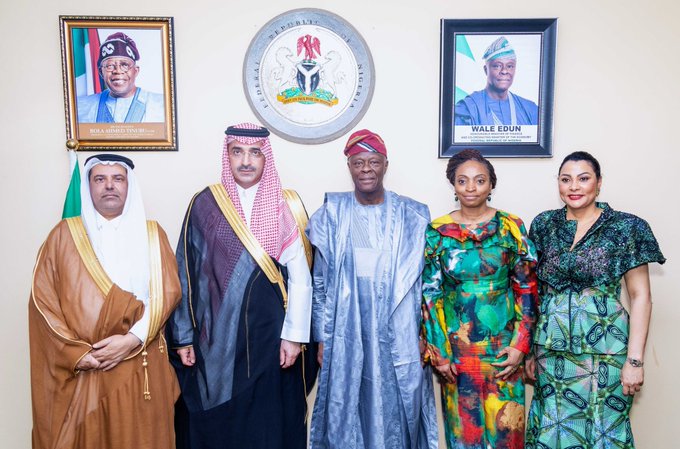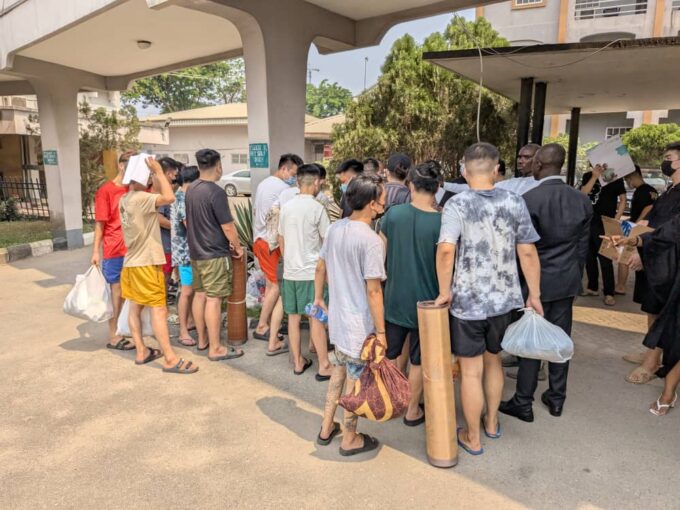We urge the Independent Corrupt Practices and Other Related Offences Commission (ICPC) to extend its ongoing probe of Ministries, Departments and Agencies (MDAs) to include their level of compliance to the Treasury Single Account (TSA). In the same vein, we also implore the Federal Government to explain its decision to transfer the burden of transacting with the TSA to the citizens in line with international transparency best practices.
It is indubitable that the implementation of the Treasury Single Account policy is one of the most significant achievements of the current Federal Government administration. Media reports are rife on how it has drastically improved accountability and transparency; and delivering a monthly savings of about N24.7 billion thereby “saving the nation from collapse” according to the Minister of Information and Culture. This feat is despite the alleged non-compliance or partial compliance by certain MDAs and exclusion of foreign accounts from the scheme. Therefore, the need arises for ICPC to openly investigate the level of adherence to the policy by MDAs in order to consolidate on the remarkable achievement of the policy thus far.
In November 2018, the Federal Government suddenly directed that the cost of operating the scheme should be transferred to the payers – the citizens. The change, according to the Accountant General of the Federation, was premised on the unsustainable nature of the cost of servicing the policy. Non-card payments to the government now attract a flat service charge of ₦157.50K and card payments now cost ₦150 plus 0.75% of the amount being paid, subject to a maximum of ₦1,200 per transaction.
Understandable as this appears, owing to the long-term impact on the nation’s economy, the lack of proper public sensitisation leaves much to the desired from the FG. Surprisingly, Nigerians were unaware of the policy change prior to the effective date. Reports indicate that the operators, like other players in the process, had this sudden reality forced on them. FG must bridge the inherent knowledge gap in the public space by embarking on a nationwide sensitisation campaign and highlight the long-term benefits rather than allow the current misinformation to linger.
Although we are aware that the current rate is lower than the global industry benchmark, the current economic realities of the country imply that such changes cannot be made without proper and due consideration of the average Nigerian. FG should assent the minimum wage bill, implement the 2009 agreement with the Academic Staff Union of Universities and other initiatives to significantly lessen the burden on Nigerians whilst sustaining the gains of the TSA.
Finally, we remain proud of the role played by the indigenous firm in delivering the TSA project in record-time when foreign companies could not deliver and for their patriotic successful sustenance of the TSA regime. SystemSpecs came to the rescue of the country when our economy was on the brink of a total collapse through its deployment of Remita to plug existing leakages in the public financial sector.
Undeniably, SystemSpecs’ exceptional delivery of a project of national significance is proof of the maturation of indigenous firms hence must be celebrated and not vilified. FG is required to do more in promoting these firms and demystifying the TSA service charge will be a step in the right direction. In conclusion, as an African-focused Civilian Society Organisation, we entreat FG to make Nigeria proud by promoting and even exporting the TSA to other countries across the continent to promote probity and add to the ranks of TSA compliant nations like Rwanda and Uganda.













